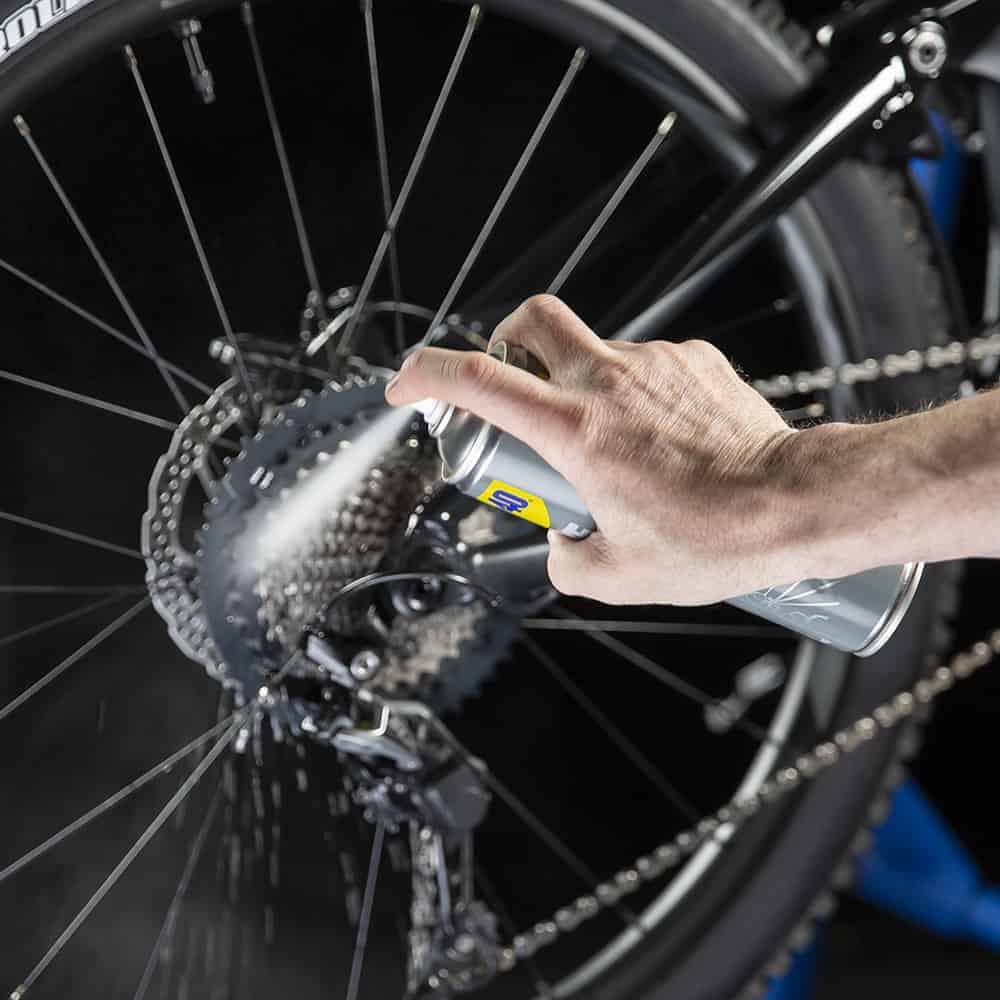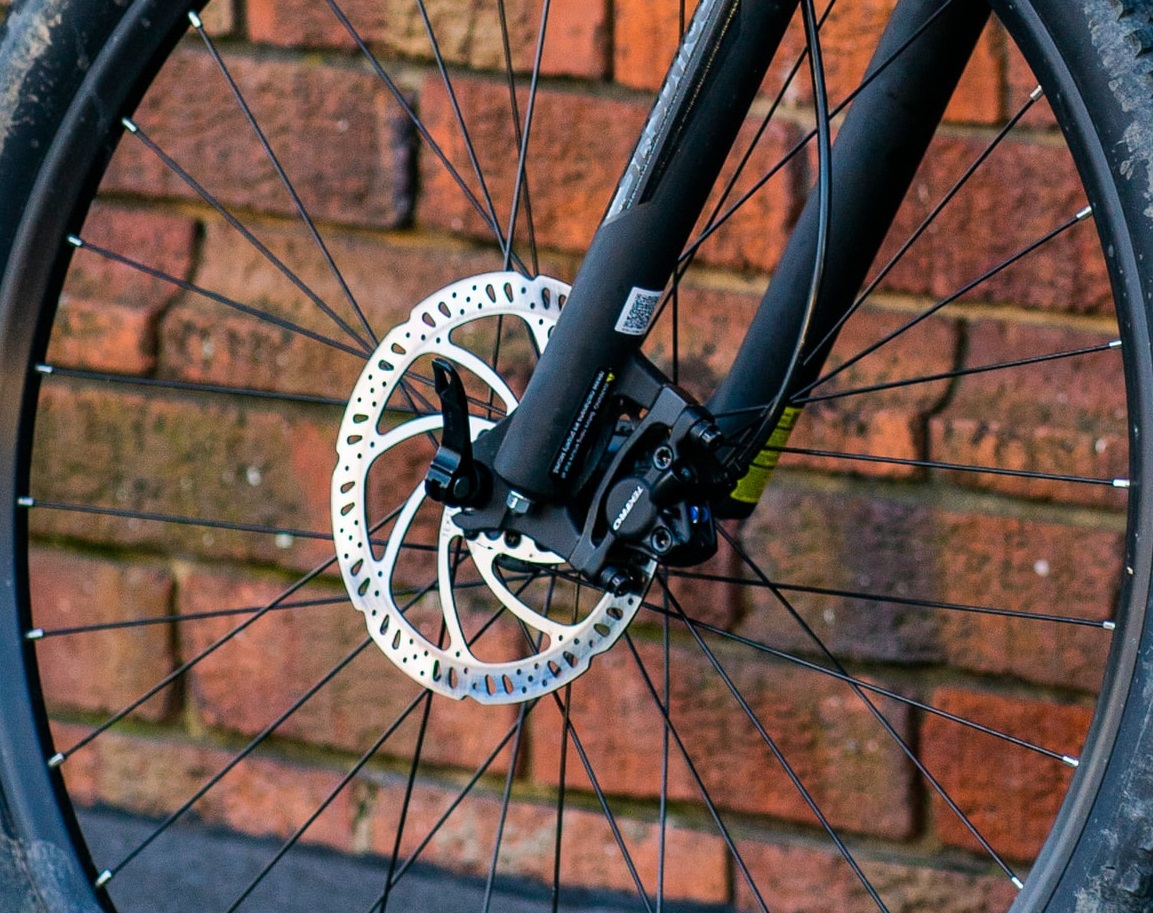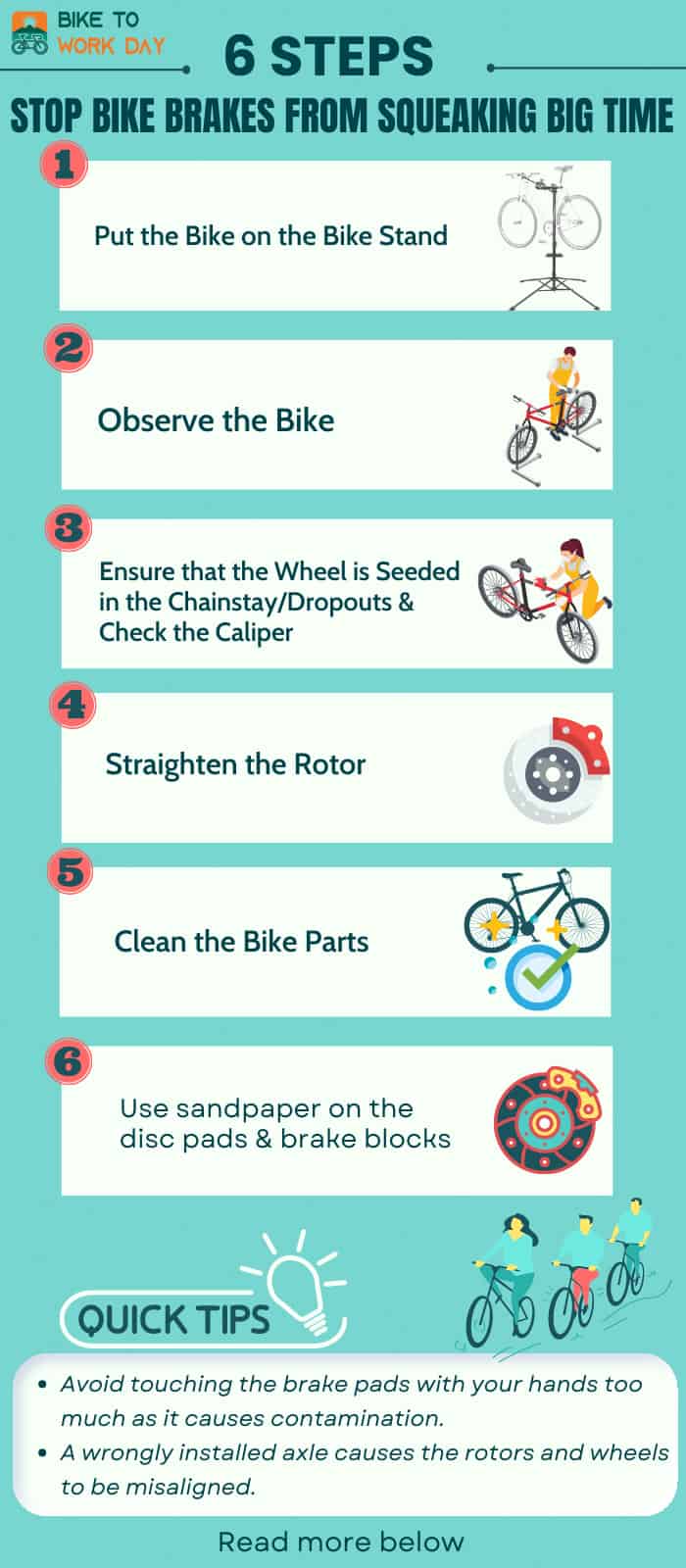Identifying the Issue: Common Causes of Squeaky Bike Brakes
Squeaky bike brakes can be a source of frustration for cyclists, but understanding the common causes of this issue can help riders maintain their brakes and ensure safe and quiet rides. The main causes of squeaky bike brakes include contamination, glazing, misalignment, and lack of lubrication. Each of these issues can negatively impact braking performance and safety, making it essential for cyclists to address them promptly.
Contamination: Cleaning Your Brakes for a Quiet Ride
Contamination is one of the most common causes of squeaky bike brakes. Dirt, grime, and other debris can accumulate on the brake pads and rotors, causing friction and noise when the brakes are applied. To clean your brakes and eliminate the squeaking, follow these steps:
- Shift your bike into the smallest gear to make it easier to spin the wheels.
- Use a soft-bristled brush or a clean cloth to remove any loose debris from the brake pads and rotors.
- Apply rubbing alcohol or a dedicated brake cleaner to a clean cloth and wipe down the brake pads and rotors. Be sure to avoid getting any cleaner on the brake levers or cables.
- Use a clean, dry cloth to remove any remaining residue and ensure that the brake pads and rotors are completely dry.
- Test the brakes by squeezing the levers gently. If the squeaking persists, repeat the cleaning process or consider replacing the brake pads if they are worn out.
When cleaning your brakes, it’s essential to use the right cleaning products and techniques. Avoid using harsh chemicals or abrasive materials that can damage the brake pads or rotors. Instead, opt for a dedicated brake cleaner or rubbing alcohol, which are gentle enough to use on bike brakes but effective at removing contaminants.
Glazing: Restoring Smooth Braking Action
Glazing is a common issue that can cause bike brakes to squeak. It occurs when the brake pads become hardened and compacted, reducing their ability to grip the rotors and creating a high-pitched noise. To restore smooth braking action and eliminate the squeaking, consider the following solutions:
- Sand the brake pads: Use a fine-grit sandpaper to gently sand the surface of the brake pads. This will remove the glazed layer and expose fresh, grippy material. Be sure to sand both sides of the brake pads evenly.
- Replace the brake pads: If sanding doesn’t work or the brake pads are worn out, consider replacing them entirely. New brake pads will have a fresh surface that can grip the rotors more effectively and reduce squeaking.
- Check the rotors: Sometimes, the rotors themselves can become glazed or contaminated, causing the brake pads to squeak. Use a clean, dry cloth to wipe down the rotors and ensure they are free from debris and contaminants.
When dealing with glazing, it’s essential to use the right tools and techniques. Avoid using harsh chemicals or abrasive materials that can damage the brake pads or rotors. Instead, opt for a fine-grit sandpaper or consider replacing the brake pads entirely for the best results.
Misalignment: Adjusting Your Brakes for Optimal Performance
Misalignment is another common cause of squeaky bike brakes. When the brake pads are not properly aligned with the rotors, they can rub against them and create a high-pitched noise. To adjust your brakes and eliminate the squeaking, follow these steps:
- Check the brake pads: Ensure that the brake pads are centered on the rotors and not rubbing against them. If they are, loosen the brake caliper bolts slightly.
- Adjust the brake caliper: Use a hex wrench to adjust the brake caliper so that the brake pads are properly aligned with the rotors. Squeeze the brake lever to ensure that the pads are making contact with the rotors.
- Tighten the brake caliper bolts: Once the brake pads are properly aligned, tighten the brake caliper bolts securely.
- Test the brakes: Spin the wheels to ensure that the brakes are not rubbing against the rotors. If they are, repeat the adjustment process.
Regular brake adjustments are essential for optimal performance and safety. By checking your brakes regularly and adjusting them as needed, you can ensure that they are working correctly and quietly. It’s a good idea to check your brakes before every ride and adjust them as needed to maintain their performance and longevity.
Lack of Lubrication: Keeping Your Brakes Well-Maintained
Lack of lubrication is a common cause of squeaky bike brakes. When the brake pivots and other moving parts are not properly lubricated, they can create friction and noise when the brakes are applied. To keep your brakes well-maintained and quiet, follow these steps:
- Identify the lubrication points: Check your brake system for any points that require lubrication, such as the brake pivots, barrel adjusters, and cable ends.
- Choose the right lubricant: Use a high-quality lubricant specifically designed for bike brakes. Avoid using grease or oil, which can attract dirt and contaminants and damage the brake system.
- Apply the lubricant: Apply a small amount of lubricant to the identified lubrication points. Be sure to wipe away any excess lubricant to avoid over-lubrication.
- Test the brakes: Spin the wheels to ensure that the brakes are not rubbing against the rotors. If they are, adjust the brakes as needed.
Regular lubrication is essential for maintaining the performance and longevity of your bike brakes. By lubricating the moving parts regularly, you can reduce friction, prevent wear and tear, and enjoy a quiet and efficient braking system. It’s a good idea to lubricate your brakes every few months or as needed, depending on your riding conditions.
Preventive Maintenance: Keeping Your Brakes Quiet and Efficient
Preventive maintenance is key to keeping your bike brakes quiet and efficient. By regularly inspecting and maintaining your brakes, you can prevent common issues that can cause squeaking and other problems. Here are some tips for preventive maintenance:
- Inspect your brakes regularly: Check your brakes for any signs of wear, damage, or contamination. Look for worn-out brake pads, damaged rotors, or contaminated brake systems.
- Clean your brakes: If you notice any contamination, clean your brakes using the right cleaning products and techniques. Be sure to remove any dirt, debris, or other contaminants that can cause squeaking or other issues.
- Lubricate your brakes: Regular lubrication can prevent wear and tear and reduce friction. Apply a small amount of lubricant to the moving parts of your brake system, such as the brake pivots and cable ends.
- Adjust your brakes: Regular brake adjustments can ensure optimal performance and safety. Adjust your brakes as needed to ensure that they are properly aligned and functioning correctly.
Preventive maintenance is essential for keeping your bike brakes in good condition and preventing common issues that can cause squeaking or other problems. By regularly inspecting and maintaining your brakes, you can enjoy a quiet and efficient braking system and ensure your safety on the road or trail.
When to Seek Professional Help: Diagnosing and Fixing Complex Brake Issues
While many common causes of squeaky bike brakes can be addressed through regular maintenance and adjustments, some complex issues may require professional help. Here are some signs that it’s time to seek professional help for diagnosing and fixing complex brake issues:
- Persistent squeaking: If you’ve tried cleaning, adjusting, and lubricating your brakes, but the squeaking persists, it may be a sign of a more complex issue that requires professional diagnosis and repair.
- Reduced braking performance: If your brakes are not performing as well as they used to, or if you notice a decrease in braking power, it may be a sign of a more serious issue that requires professional attention.
- Visible damage: If you notice any visible damage to your brake system, such as cracks, dents, or other damage, it’s important to seek professional help to prevent further damage and ensure your safety on the road or trail.
When it’s time to seek professional help, it’s important to find a qualified bike mechanic who has experience working with bike brakes. Look for a mechanic who is certified by a reputable organization, such as the Professional Bicycle Mechanics Association (PBMA), and who has positive reviews from other customers. During a brake inspection and repair, expect the mechanic to diagnose the issue, provide a detailed estimate of the cost and time required for the repair, and communicate clearly with you throughout the process.
Conclusion: Enjoying a Quiet and Safe Bike Ride
Squeaky bike brakes can be a nuisance, but understanding the common causes and taking a proactive approach to maintenance can help you enjoy a quiet and safe bike ride. By regularly inspecting and maintaining your brakes, you can prevent common issues that can cause squeaking and other problems. If you’re experiencing persistent squeaking or reduced braking performance, it’s important to seek professional help to prevent further damage and ensure your safety on the road or trail.
Remember, preventive maintenance is key to keeping your bike brakes in good condition. Regularly inspect your brakes for any signs of wear, damage, or contamination. Clean your brakes using the right cleaning products and techniques, and lubricate the moving parts to reduce friction and wear. Adjust your brakes for optimal performance and safety, and seek professional help when needed.
By taking a proactive approach to brake maintenance, you can enjoy a quiet and safe bike ride and extend the lifespan of your bike brakes. Happy riding!








